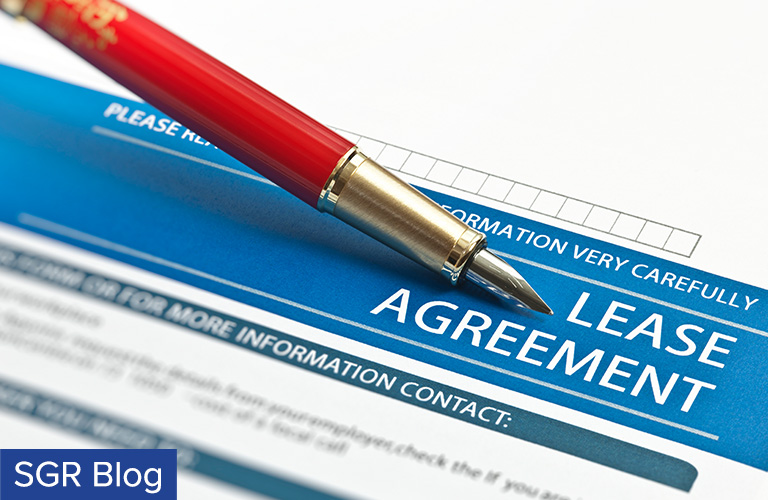
Drafters and landlords beware when drafting a contractual limitations period for legal actions in a lease that attempts to limit when both contract and tort actions can be brought by a tenant. The Georgia Supreme Court in Langley v. MP Spring Lake, LLC, No. S18G1326, 2019 WL 5301853 (Ga. Oct. 21, 2019), considered whether a provision in a lease agreement requiring “any legal action” to be brought within a year included premises liability actions and whether such a clause would be enforceable if it did. Without deciding the issue of enforceability, the Supreme Court held that the limitations provision as drafted did not apply to premises liability actions. The holding left a clear message: when drafting a contractual limitations period provision that extends to premises liability actions, say so clearly. And, know that such a provision is not certain to be enforced.
The plaintiff in Langley brought a premises liability action against her apartment’s management company after slipping and falling on a curb. The management company argued that the contractual limitations period in the lease barred Plaintiff’s premises liability suit because the case was filed more than a year after the accident. The plaintiff argued that the provision only applied to the contractual obligations that the management company owed Plaintiff, not to tort obligations.
The Supreme Court sided with the plaintiff. Although the ordinary meaning of “any legal action” might suggest that the provision includes tort claims, the Supreme Court construed the contract against the drafter and said that the nature of the lease suggested that meaning was not the parties’ intent. Rather, the Supreme Court said that the lease agreement titled “Apartment Lease Contract” demonstrated the parties’ clear intent to create a landlord-tenant relationship. That kind of relationship, the Supreme Court stated, differs from relationships and duties arising under tort law.
Because of the distinct differences between tort and contract duties, the Supreme Court stated that absent explicit language saying so, a contractual limitations period in a lease agreement cannot be construed as extending to tort claims. Further, the Supreme Court left open whether such a clause would be enforceable in the first place. On one end, Georgia law values freedom of contract. On the other end, there is a strong public policy argument in favor of both holding landlords liable for damages to others and promoting safe residential housing.
The bottom line is that if a lease contains a limitations provision, the language must be explicit to what the provision applies. “Any legal action” does not include premises liability cases unless explicitly stated. Further, there is uncertainty about whether such a clause would be enforceable.
For more information on lease agreements, contact your Litigation Counsel at Smith, Gambrell & Russell.

